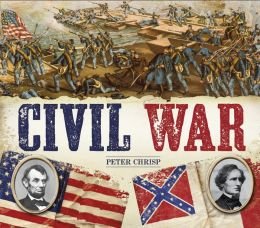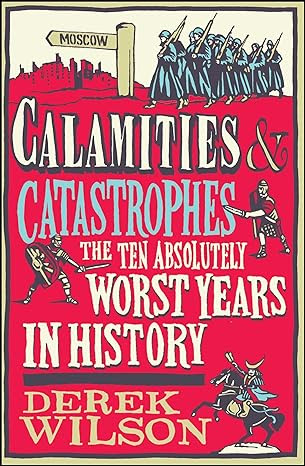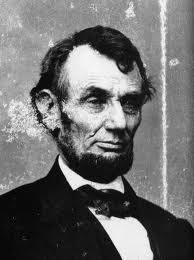BLOODY SPRING: FORTY DAYS that SEALED the CONFEDERACY'S FATE (audiobook) by Joseph Wheelan

Union soldiers near the Battle of North Anna in May of 1864. They are on a small bridge. A larger pontoon bridge is behind them. Published in 2014 by Blackstone Audio. Read by Grover Gardner. Duration: 14 hours, 11 minutes. Unabridged. Joseph Wheelan's Bloody Spring is a look at General Grant's Overland Campaign from May to June in 1864. This was Grant's first experience against Robert E. Lee and he brought a change in strategy to the Eastern Theater. Rather than try to defeat Lee in a single battle like the previous generals, Grant decided that it was best to find Lee, engage in a battle and never disengage and let the superior resources and manpower grind Lee's army into surrender. Grant understood that when Lee surrendered the Confederacy would surrender. Wheelan spends little time talking about the causes of the war, but he does offer a short recap before he delves into a lively and interesting narrative history of the forty days of the Overland Campaign. T

















